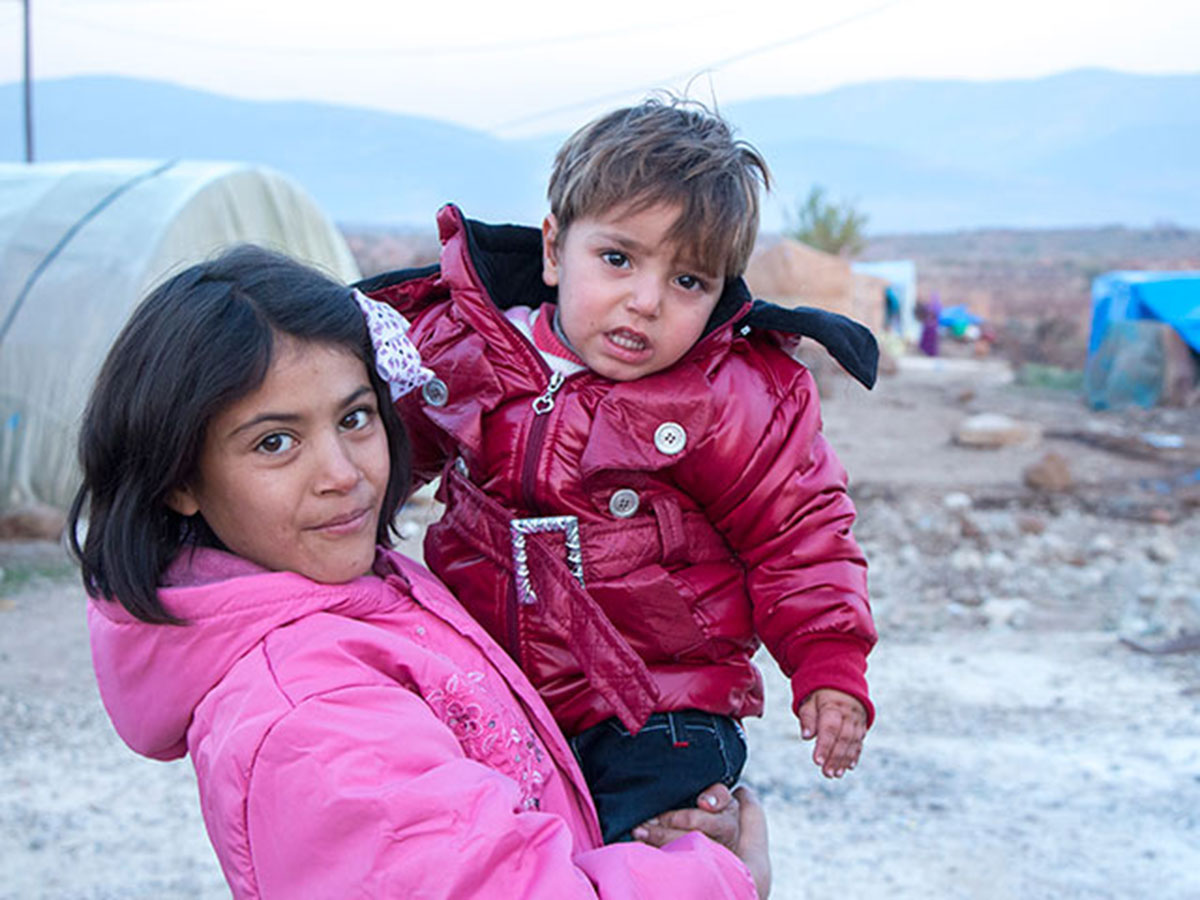Hope is a word we use almost every day. We hope for big things, for small things, for the everyday things … our lives are saturated with the hope of certain outcomes.
In modern terms, hope has come to mean little more than a faint wish — a dream with no real certainty that it will come to pass. This modern definition of hope has been emptied of its power — it’s dim, elusive, and rooted in doubt.
But the hope of Scripture is something entirely different. The hope we celebrate each advent season is a confident expectation that a positive change is on its way.
True hope is not flimsy or obscure; it is strong and steadfast. It is a solid rock on which we build our lives. We have the hope of Christ as an anchor for the soul, firm and secure (Hebrews 6:19.)
Maybe our modern take on hope has come from a place of hurt and disillusionment … maybe we’ve come to see hope as something that sets us up for future disappointment instead of what it actually is: a powerful agent of transformation.
Hope is focused on the future, but it changes us now.

How does hope change us?
- 1. Hope empowers us to endure suffering.
In a time of crisis, even the smallest glimpse of hope can infuse a supernatural strength into our circumstances. When you provide food and medicine in the wake of a devastating crisis, it gives more than temporary relief. It begins to rebuild hope for restitution, and this hope alone provides the strength to endure suffering and doubt along the path to restoration.
- 2. Hope produces opportunity.
When we live in the expectation that positive change is on the way, we open ourselves to a world of new possibilities. We suddenly have eyes to see what might have gone unnoticed before … opportunities that lead to health and wholeness. In impoverished communities, where the cycle of poverty seems an unstoppable force, breaking the cycle always begins with hope — with the confidence that a new way of life is possible.
- 3. Hope fills our life with purpose.
Hope equips us to bring forth the visions set in our hearts. For a child born into a poverty-stricken community, hope is receiving the gift of sponsorship and finally envisioning a clear path to a better life. Living with this vision makes a world of difference for a vulnerable child. The ability to anticipate a better future ushers in peace, confidence, and purpose. It lays the foundation for a much higher chance of success.
- 4. Hope produces joy
Hope creates a path to joy … the stronger our hope, the greater our joy will be when our hope is fulfilled. When an impoverished mother holds onto hope that help will arrive in time to save the life of her sick child, and that help arrives in the form of lifesaving medicine, the joy she experiences is magnified. Not only is her child’s life saved, but also she witnesses powerful evidence of what she put her faith in: God’s love and provision.
- 5. Hope purifies our hearts
Putting our trust and confidence in God’s provision roots out other false securities in our lives. In unreached communities, this very hope is the door through which the message of the Gospel changes lives. With every physical need your compassion meets, hurting men, women, and children grow in confidence and trust in God’s power. By reflecting His character in broken communities worldwide, you are making it possible for countless individuals to place their hope in Christ.
Hope not only has the power to transform lives … it is what transforms lives. When Christ came into the world, hope began its work of restoration by giving us a glimpse of eternity … and the same hope is still restoring broken lives today.
“Long lay the world in sin and error pining,
Till He appear’d and the soul felt its worth.
A thrill of hope, the weary world rejoices,
For yonder breaks a new and glorious morn.”
— O Holy Night



